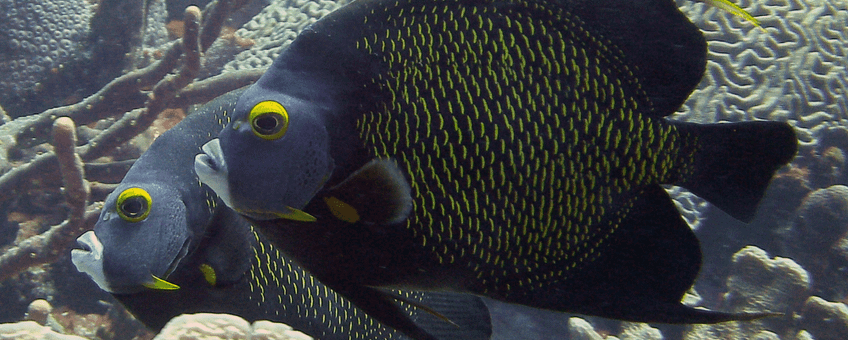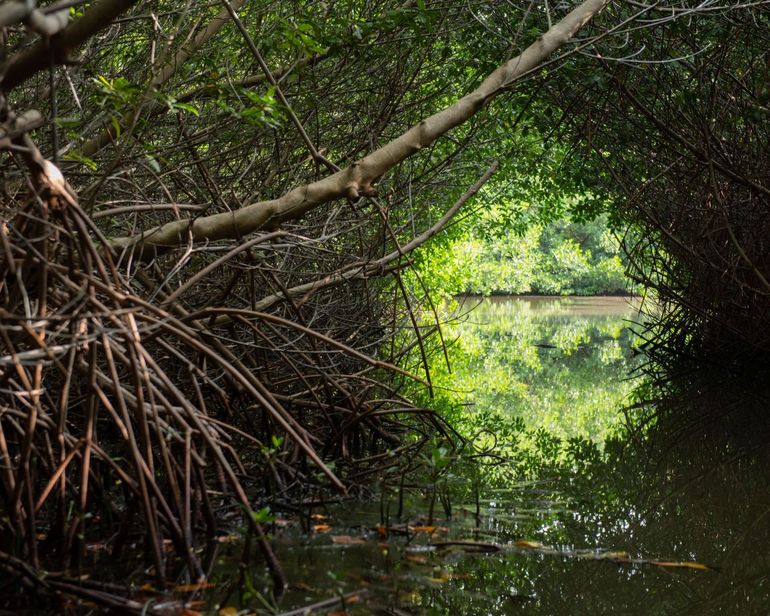
Preserving tropical paradise in the Netherlands
Dutch Caribbean Nature Alliance (DCNA)Through this overarching framework and the island specific implementation agendas, a series of programs and projects have been developed and initiated on the BES islands to help meet the ambitious goals, enhancing overall nature conservation and improving local resilience against climate change.
NEPP
The Nature and Environmental Policy plan 2020-2030 (NEPP) presents a strategy, setting ambitious strategic goals and targets that are worked out through milestones and in the island specific implementation agendas. The targets, milestones and measures aim to address pressing environmental challenges and promote sustainable development for the islands of Bonaire, Saba and St. Eustatius (BES). The aim of this policy is to establish a framework for implementing progressive policies that protect the Caribbean Netherlands’s unique landscapes and biodiversity while combatting climate change.
The NEPP has been developed by the Dutch Ministries of Agriculture, Nature and Food Quality (LNV), Infrastructure and Water Management (I&W) and Interior and Kingdom Relations (BZK) in close cooperation with the Public Entities of Bonaire, Saba and St. Eustatius and local organizations. The plan is a continuation of earlier environmental policies and reflects the Netherlands' commitment to fulfilling international agreements such as the United Nations' Sustainable Development Goals (SDGs), the objectives under the Convention on Biological Diversity (CBD) and the Cartagena Convention and its underlying protocols.

Strategic Goals
Within this framework, four strategic goals have been laid out. The first is to reverse coral reef degradation through better erosion control, effective waste and wastewater management and through coral reef restoration. The second strategic goal is to restore and conserve unique habitats and species, which is done through conserving and preserving native habitats and species and combating invasive species. Strategic goal three concerns the sustainable use of land and water for the development of the local economy, which will focus on sustainable fisheries, balancing tourism with nature conservation and investing in sustainable local food production. Lastly, the fourth strategic goal aims to create local conditions to ensure sustainable results of nature policy through improved awareness, education and training, employment investments and developing a structural research agenda.
Programs and projects
On Bonaire, Sint Eustatius and Saba steering groups have been established to coordinate, monitor, and steer the implementation of the NEPP and the island implementation agenda. Each steering group is chaired by the governor of that island, the members of the steering group are LNV, IenW, BZK and the respective Public Entity. On each island there is a program manager for the implementation of the NEPP and implementation agenda. The program manager is also the secretary of the steering group.
Taking into consideration the limited capacity on each island, a program structure has been established to effectively initiate, execute, and monitor projects. In close cooperation with and between the steering groups, governments, park authorities, NGOs and private organizations, a set of projects and project proposals have been submitted, are in progress or have been finalized to facilitate meeting these four strategic goals. These projects cover a wide variety of topics including wastewater management, invasive species control, water quality monitoring, habitat restoration and investments in innovative agricultural practices such as hydroponics, just to name a few. A complete overview of related projects is now available on the Dutch Caribbean Nature Alliance website and kept up to date and published monthly in their free digital newsletter BioNews.
Value
The Caribbean Netherlands’ Nature and Environmental Policy Plan 2020-2030 represents a significant step forward in the Netherlands' commitment to sustainable development and environmental protection. By setting ambitious goals and embracing innovative strategies, the plan paves the way for a cleaner, greener, and more resilient future.
DCNA
The Dutch Caribbean Nature Alliance (DCNA) supports (science) communication and outreach in the Dutch Caribbean region by making nature related (scientific) information more widely available through amongst others the Dutch Caribbean Biodiversity Database, DCNA’s news platform BioNews and through the press. This article contains information from several projects but the projects themselves are not DCNA studies. No rights can be derived from the content. DCNA is not liable for the content and the in(direct) impacts resulting from publishing this article.
Text: DCNA
Photos: MM Bockstael-Rubio (leadfoto: Franse keizersvis); Hans Smulders
